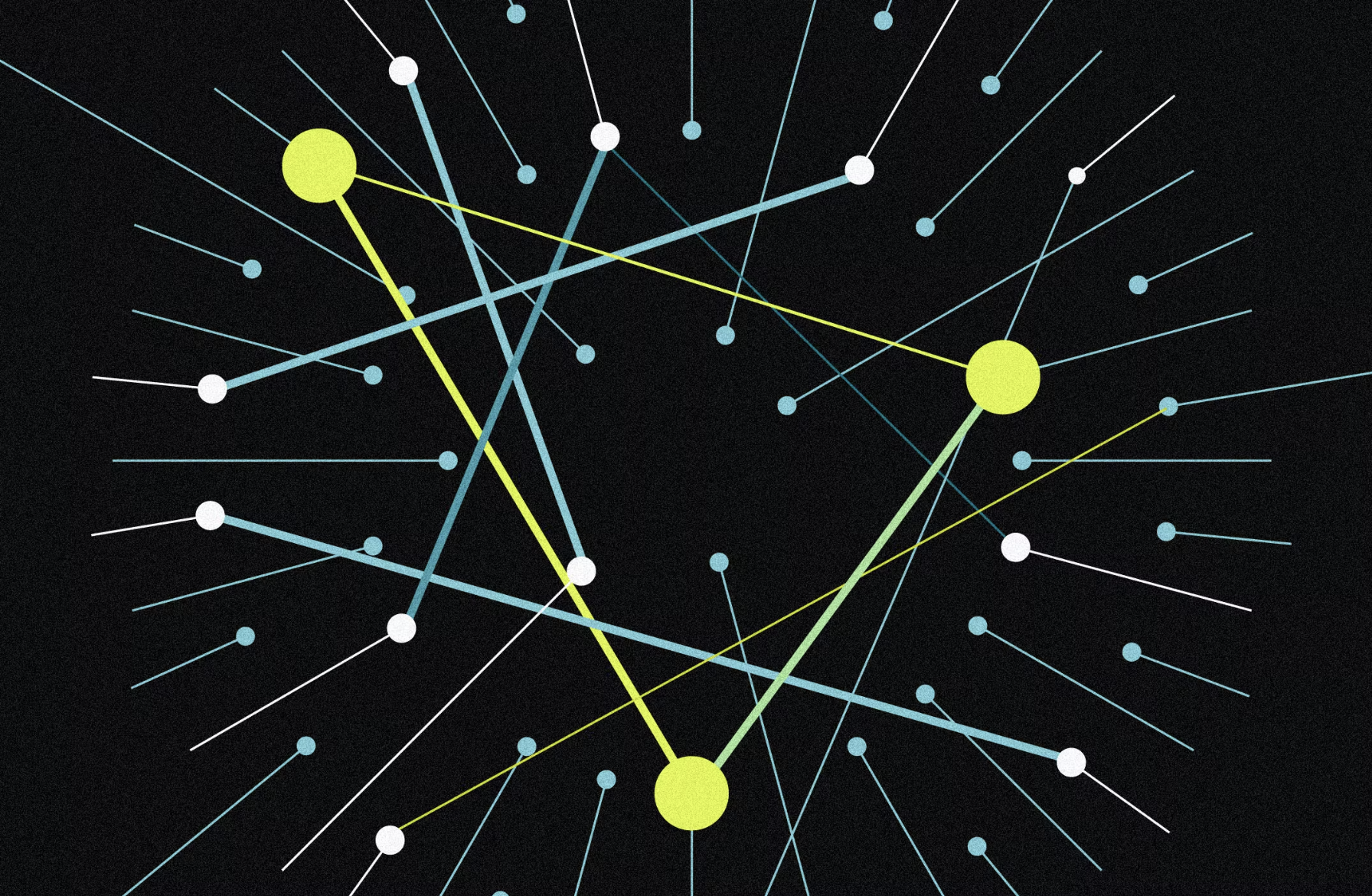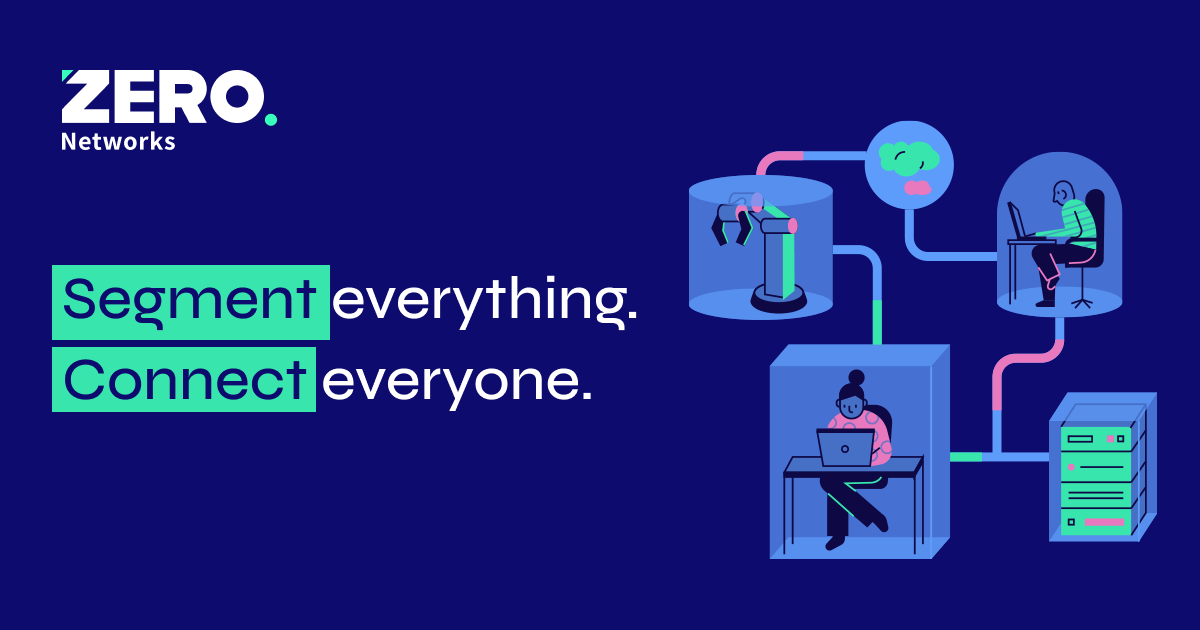Customer Data Challenges: Old Problem, Big Opportunity
Most brands are sitting on mountains of customer data, but they struggle to turn it into value for their business and great experiences for their customers … and data can often be a headache for the employees tasked with using it.

This isn’t new. Nor is it uncommon.
We recently commissioned Forrester Consulting to conduct a survey of business decision-makers in marketing and IT at enterprise consumer brands, and the survey found that most feel they aren’t making good use of their customer data. They also see the risk: more than half of survey respondents believe they will lose revenue due to customer data challenges.
If this sounds like your organization — wrestling customer data that’s inaccurate, tough to access, cumbersome to work with — it may comfort you somewhat to know that you’re not alone.
And it’s possible your competitors are in the same boat. Many companies in the digital economy have a data gap standing between them and customer expectations for seamless, personalized interactions. The ones that bridge the gap can surge forward.
Key findings of the study:
-
Much of an enterprise's data goes unused: 77% of decision-makers think they underutilize customer data and 81% agree they want to use existing data better. Many decision-makers struggle to manage, collaborate, share, streamline, analyze and act on the data they already have, resulting in two-thirds of respondents declaring they struggle to translate customer insights into actionable outcomes.
-
Lack of cohesive data use puts a business at risk: Company growth depends on optimizing existing customer data to boost acquisition and retention. If businesses do not address their data use challenges, they face repercussions. Respondents named missed market opportunities (54%) and lower engagement (52%), resulting in loss of revenue (56%) as ramifications of their customer data challenge. Companies will miss opportunities to get ahead of the competition, and lose prospective and existing customers if they fail to offer personalized and engaging customer experiences.
-
A holistic approach to data use creates positive customer experiences: Decision-makers think that integrating systems and unifying data sources (47%), along with investing in marketing technology (44%), will result in better data access. Beyond the technology, respondents believe that they need a holistic, multidisciplinary strategy that will help integrate silos, ensuring that the right people can tap existing resources and existing data can produce the desired insights.
Once decision-makers adopt a more strategic approach to evolve data, technology, and processes, they’ll be able to better understand customers and create engaging experiences that speak to consumer expectations. More satisfied customers and more productive employees drive better business outcomes. Leading brands that optimize customer data will overcome the challenges that hold back so many other organizations and be at a considerable advantage against their competitors.
Related Articles
Join The GBI Impact Community
Sign up to make an impact and hear about our upcoming events
By registering anywhere on the site, you agree with our terms and privacy policy



